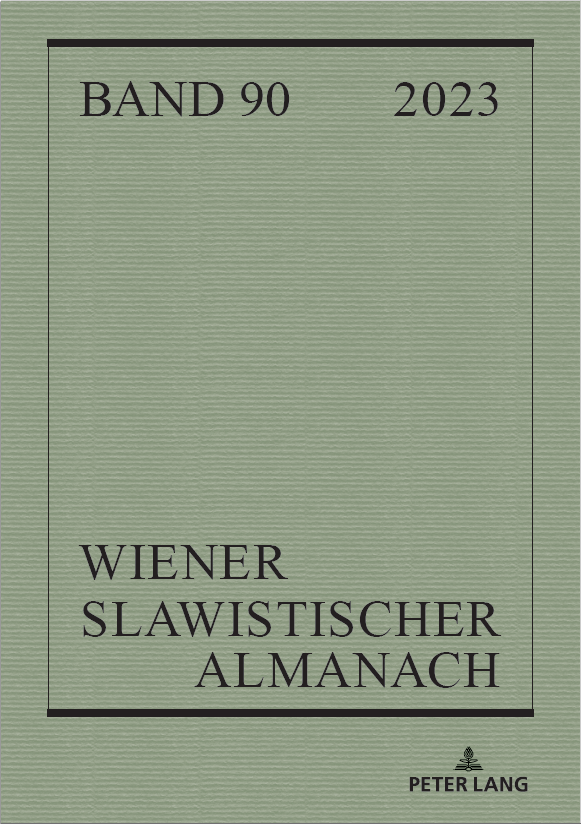Petr Boborykin’s “Nihilism in Russia”: Philosophy or Polemics?
Veröffentlicht am 28.02.2024
Schlagwörter
- Russian intellectual history,
- nihilism,
- Boborykin,
- Turgenev,
- The Fortnightly Review
Abstract
Focusing on Petr Boborykin’s attempt to explain Russian nihilism to the West in his article for The Fortnightly Review, the article attempts to reengage with the phenomenon of Russian nihilism, by inquiring into the nature of the term itself. Soon after Turgenev first introduced it in his polemical novel Ottsy i deti (Fathers and Children) and Antonovich started a critical campaign against the novel in Sovremennik (The Contemporary), the term nihilism became entangled in other contexts, both literary – as other journals started to publish novels on the same theme – as well as political and social. The polemic about nihilism never subsided, resulting in such proliferation of the meanings of this term that it became almost impossible to define it positively. The article argues that the proliferation of the meanings of the term “nihilism” is not just an outcome of bitter polemics that somehow “obscured” its original meaning but an object of inquiry on its own, one that reveals the nature of this term as a polemical construct. To understand “nihilism” as a polemical construct would mean to approach its very nature as an unstable, fluid, contradictory, eclectic, divisive, and emotive phenomenon.

